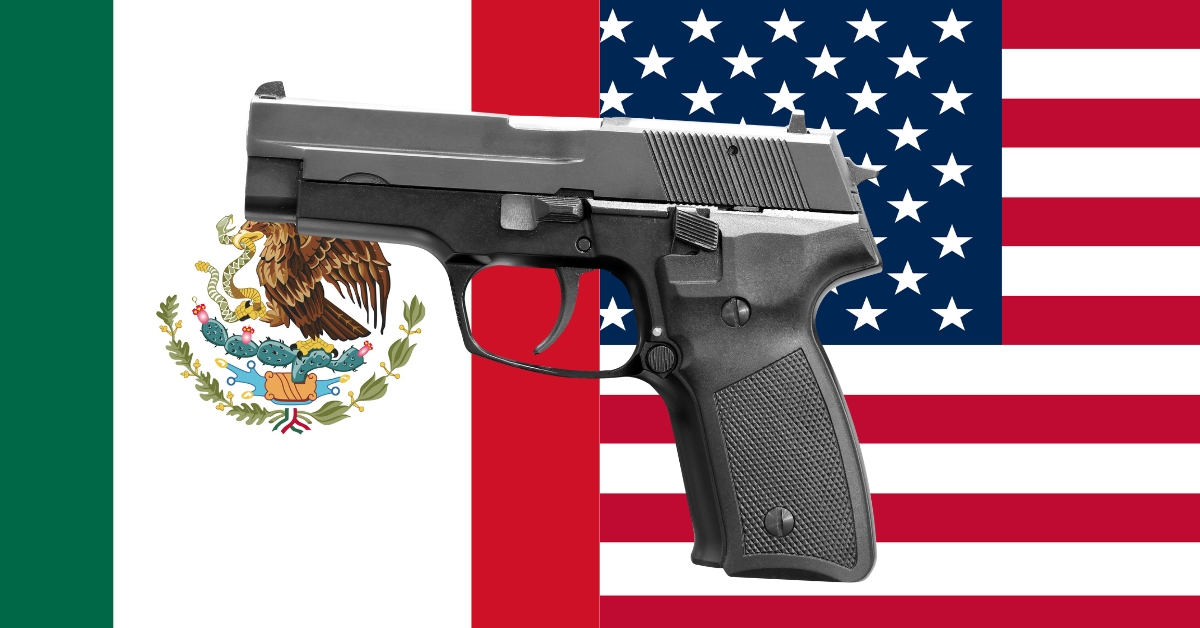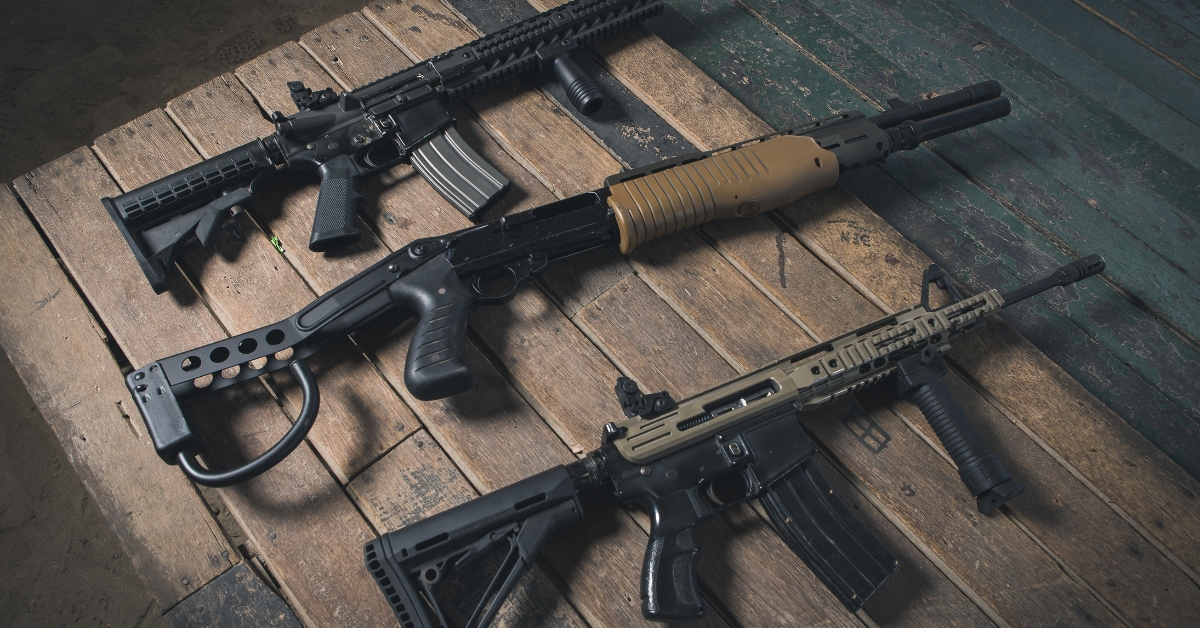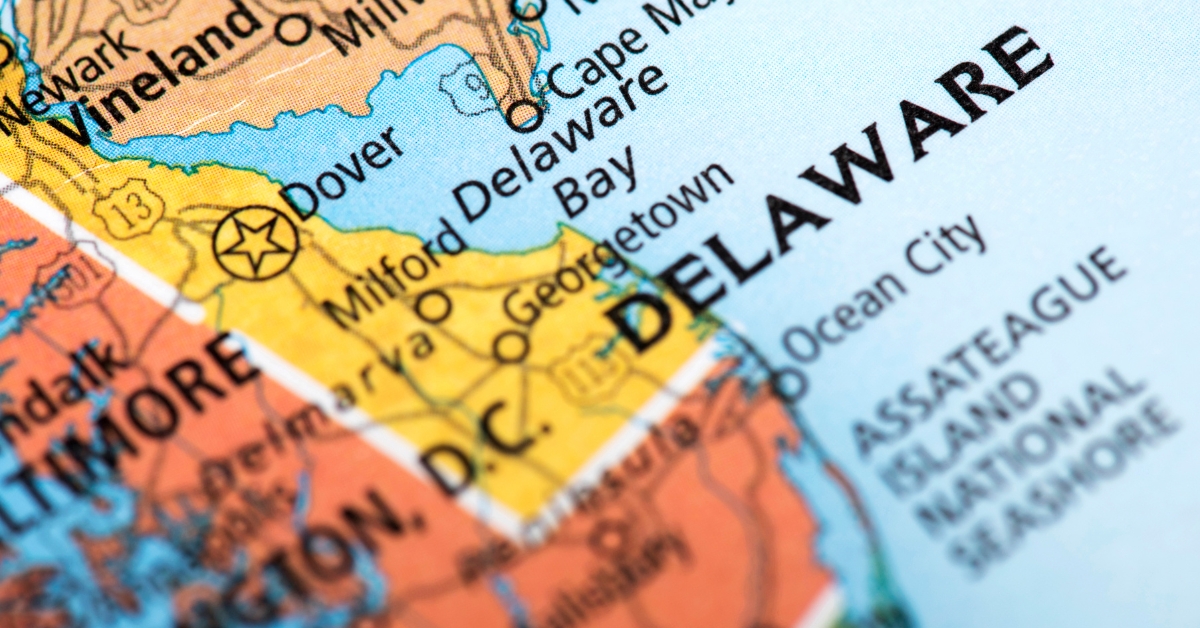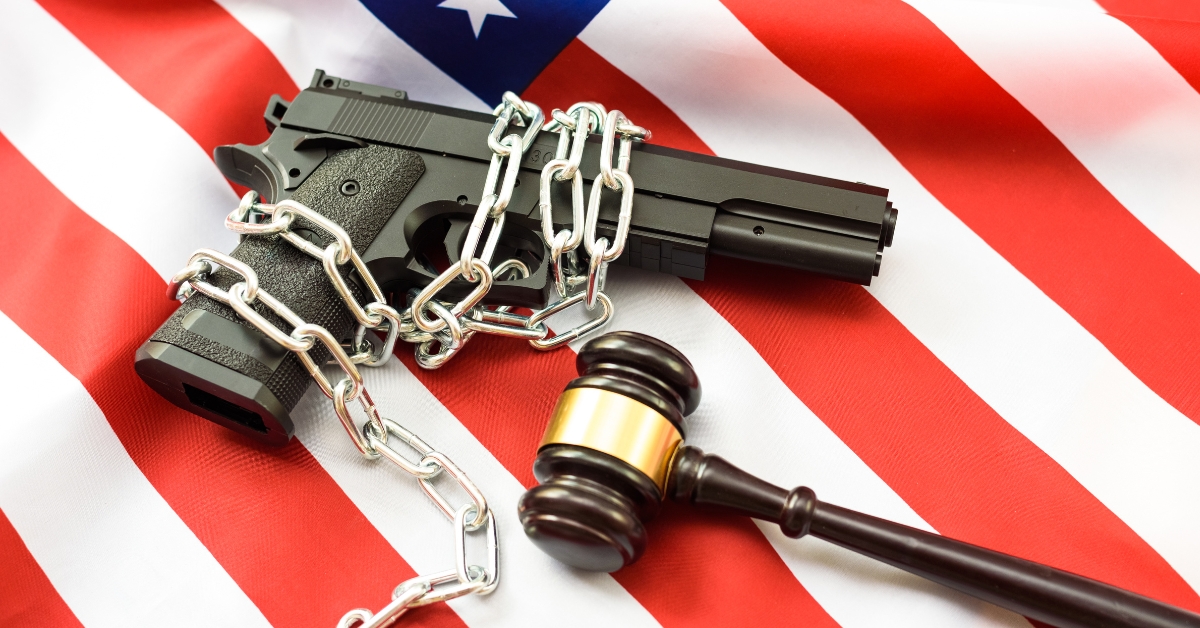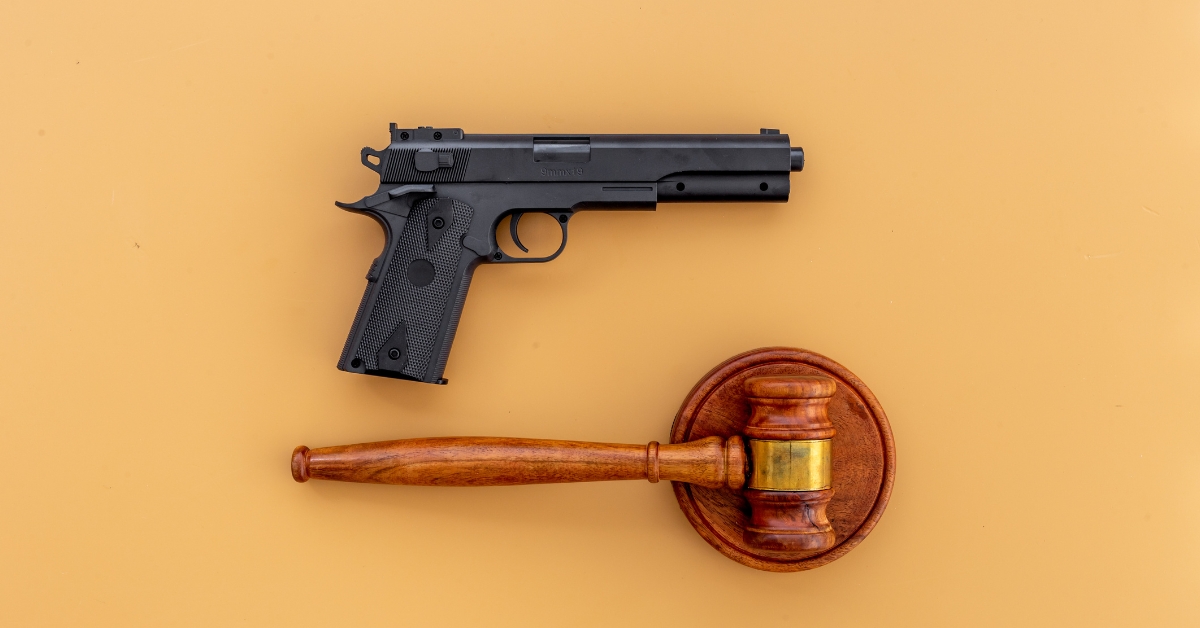
Armed Staff Dramatically Reduce Casualties in School Shootings
In a world increasingly characterized by unpredictable threats and public safety challenges, the conversation around armed security in public spaces, particularly schools and churches, has become more pertinent than ever. Dr. J. Eric Dietz from Purdue University’s Homeland Security Institute recently shared groundbreaking research, shedding light on the undeniable benefits of armed staff and volunteers in these environments.
Dietz’s research is a beacon of rationality in the heated debate over gun control and public safety. His findings compellingly argue that a combination of school resource officers and armed staff can drastically reduce casualties in active shooter scenarios by over 70%. Such statistics should serve as a clarion call to policymakers and educators alike, emphasizing the necessity of revisiting our strategies for protecting our most vulnerable populations.
Critics often raise concerns about the potential risks associated with arming school staff, particularly the fear of negligent discharges leading to accidental injuries. However, Dietz’s research presents a robust counterargument, demonstrating that the benefits far outweigh these risks. The likelihood of accidents occurring is significantly lower compared to the life-saving potential of having armed defenders ready to respond to an active threat.
This argument extends beyond the schoolyard. Dietz’s insights into the value of armed citizens serving as church security are equally compelling. In today’s climate, where places of worship have tragically become targets, the need for well-prepared and adequately trained security personnel is undeniable. Dietz’s research suggests that volunteer security teams, especially those with military or law enforcement experience, can significantly enhance the safety of congregants. Through comprehensive training and strategic positioning, these volunteers can provide an immediate response to threats, potentially saving many lives.
The notion that preparedness and the ability to respond to threats can coexist with peaceful community life is not just practical; it’s essential. Dietz’s work illuminates the path forward for communities seeking to safeguard their members without succumbing to fear or sacrificing their principles. By adopting evidence-based practices and fostering a culture of readiness, we can navigate the complexities of modern public safety challenges.
As we look to the future, it’s imperative that we continue to engage in informed dialogue, drawing on the expertise of professionals like Dr. Dietz. His research doesn’t just contribute to the debate over public safety; it offers a lifeline to communities striving to protect their members in an increasingly uncertain world. Let’s hope more states recognize the value of preparedness and the indelible right of individuals to defend themselves and their communities.
